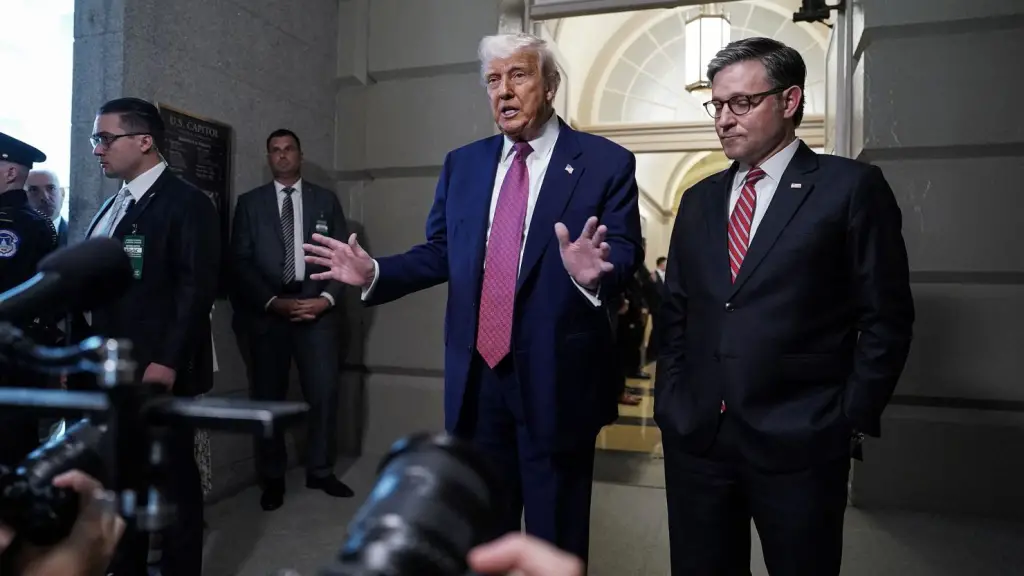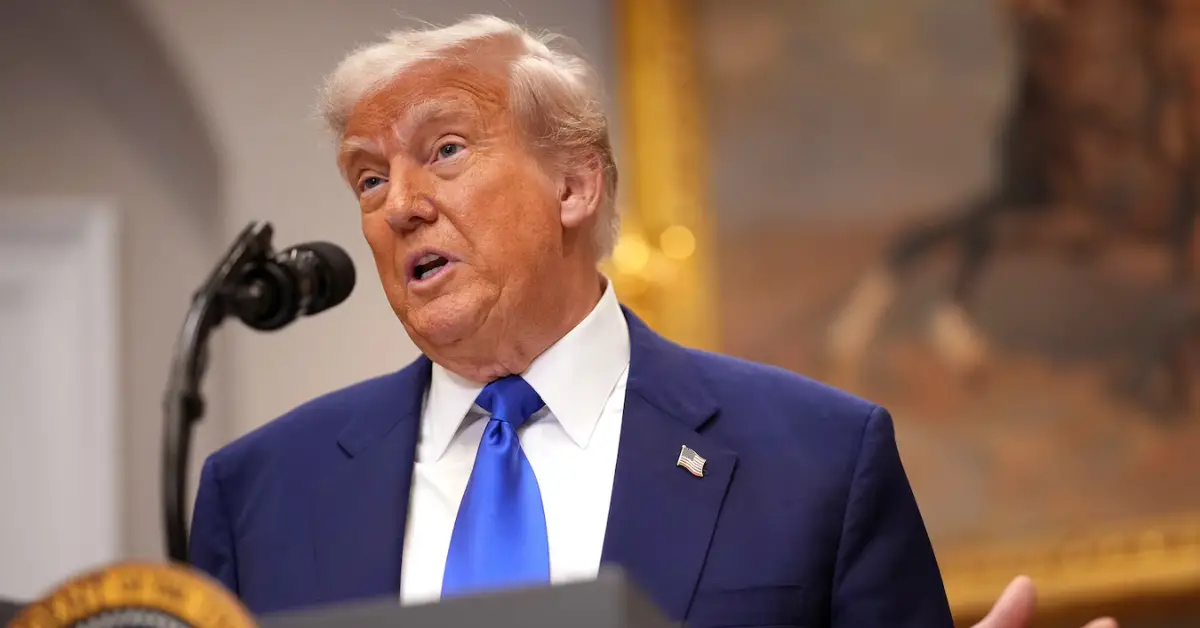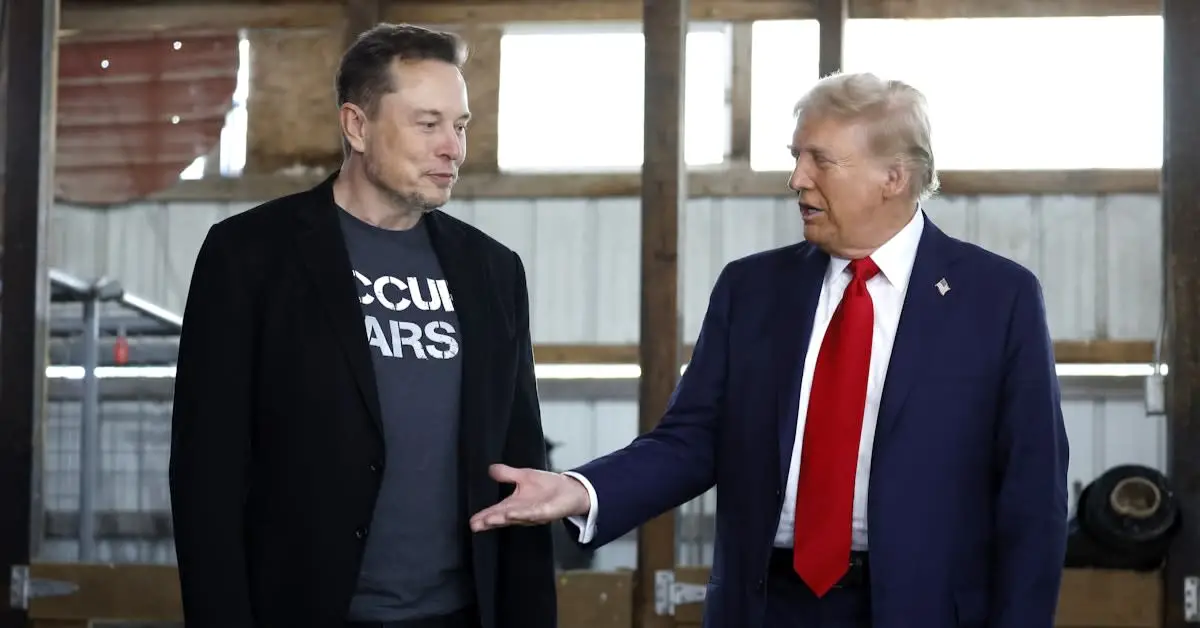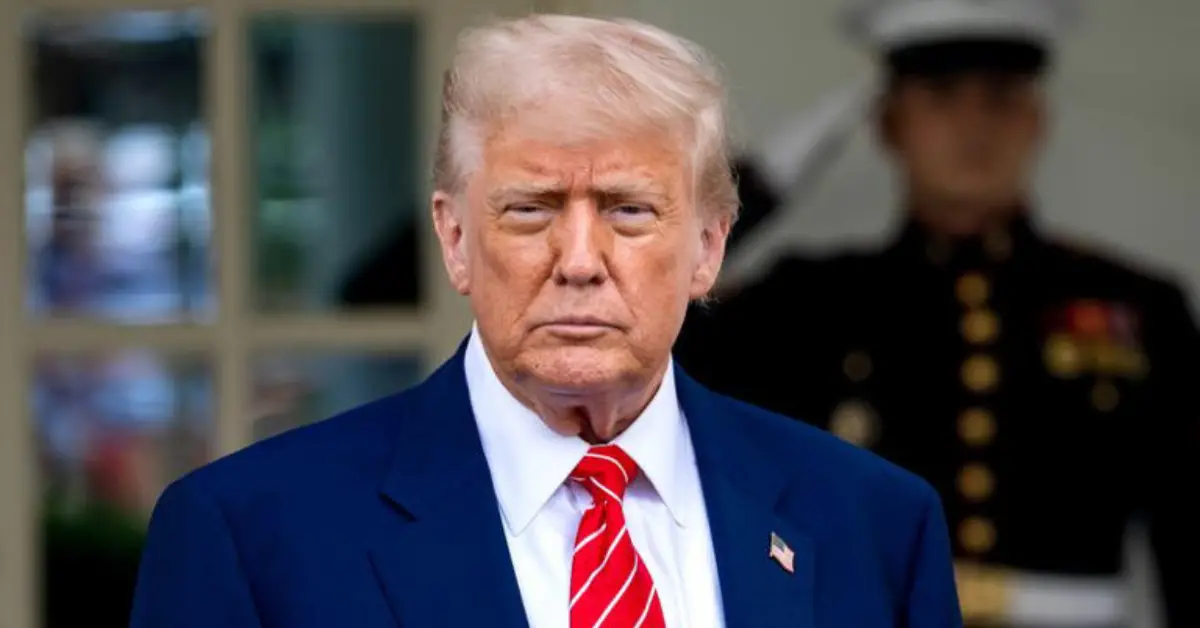Fact-checker has exposed serious flaws in a claim made by the Trump administration regarding Medicaid, casting doubt on the accuracy of statements made about the program. The claim, which had been widely circulated by officials, suggested that the administration’s actions had led to significant improvements in the Medicaid system. However, after careful review, the fact-checker uncovered evidence that contradicted these assertions, highlighting discrepancies in the administration’s messaging.
The Medicaid program, which provides health coverage to low-income individuals and families, has been a key part of the healthcare debate in the United States for years. Over time, various administrations have proposed changes to the system, often sparking fierce debates about its effectiveness and sustainability. The Trump administration, in particular, had made a number of claims about how their policies were benefiting the Medicaid system, suggesting that they had improved efficiency and reduced waste.
One of the most notable claims made by the Trump administration was that its efforts had led to a reduction in the number of people relying on Medicaid, which they argued was a sign of economic progress. According to officials, this reduction was a result of changes made to the program, including stricter work requirements and efforts to promote self-sufficiency among beneficiaries. However, a closer examination of the data shows a different picture.
The fact-checker revealed that, in reality, the number of people relying on Medicaid had not dropped as significantly as claimed. Instead, the figures indicated that the reduction in enrollment could largely be attributed to changes in eligibility rules and restrictions, rather than any real improvement in the economy or the effectiveness of the Medicaid program itself.
In fact, many individuals who were once eligible for Medicaid were now being denied access to the program due to these stricter rules, leaving them without necessary healthcare coverage.
Further analysis also showed that the cost savings touted by the Trump administration were overstated. While the administration claimed that they had reduced wasteful spending on Medicaid, fact-checkers found that the reductions in spending were more the result of cuts to the program rather than actual improvements in efficiency. These cuts disproportionately affected the most vulnerable populations, including low-income families, children, and the elderly, who rely on Medicaid for essential healthcare services.

Another key claim made by the Trump administration was that Medicaid recipients were experiencing improved health outcomes as a result of their policies.
This claim, too, was found to be misleading. While the administration argued that their focus on work requirements and self-sufficiency would lead to better health outcomes, the fact-checker pointed out that these policies had little to no impact on the health of recipients. In fact, many individuals found themselves struggling to access necessary care due to the new eligibility restrictions, which often resulted in delays in treatment and a lack of preventative care.
The fact-checking report also highlighted the lack of transparency in the administration’s Medicaid policies. Many of the changes to the program were implemented with little public input or oversight, making it difficult for policymakers and healthcare experts to fully assess the impact of these changes. This lack of transparency raised concerns about accountability, especially given the significant effects these policies had on the lives of millions of Americans who rely on Medicaid.
As more details about the Trump administration’s Medicaid claims continue to emerge, it is becoming increasingly clear that many of the administration’s assertions were not backed by solid evidence. While the intention behind these claims may have been to paint a picture of success and improvement, the reality is far more complicated.
The fact-checker’s findings serve as a reminder that, in the world of politics, it is crucial to scrutinize the information being presented, particularly when it comes to issues that affect the health and well-being of vulnerable populations.
The fallout from this fact-check is likely to have far-reaching consequences, as it calls into question the credibility of the Trump administration’s claims about Medicaid and other healthcare programs. It also serves as a reminder to future administrations and policymakers that transparency and accuracy are key when discussing issues that have a direct impact on people’s lives.
As the debate over healthcare continues to evolve, it will be essential for all parties involved to base their decisions on solid evidence, rather than misleading claims or half-truths.
In conclusion, the fact-checker’s findings provide a sobering look at the reality of the Trump administration’s Medicaid policies. While the administration may have hoped to use these claims to bolster their image and promote their policy agenda, the evidence tells a different story.
As the public becomes more aware of these discrepancies, it is likely that there will be increased scrutiny of future healthcare proposals and a greater demand for transparency and accountability in the way that Medicaid and other critical programs are managed.




